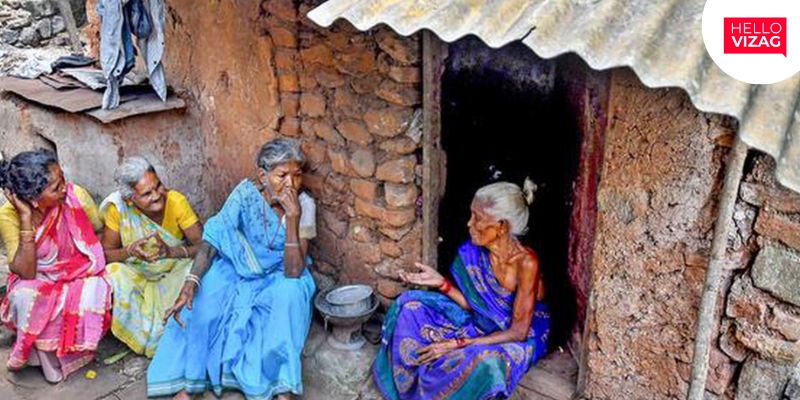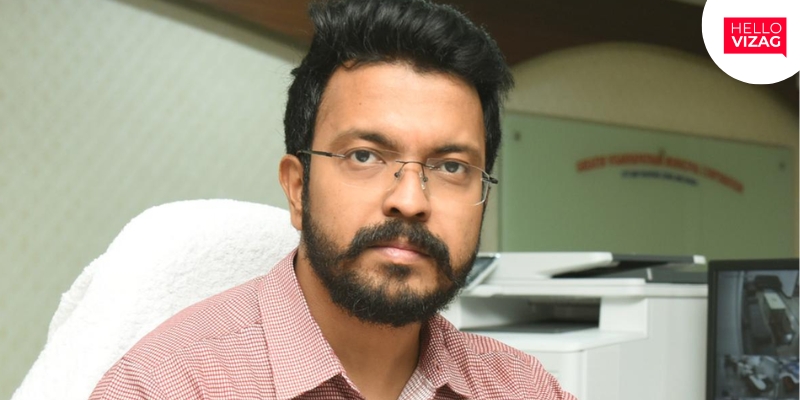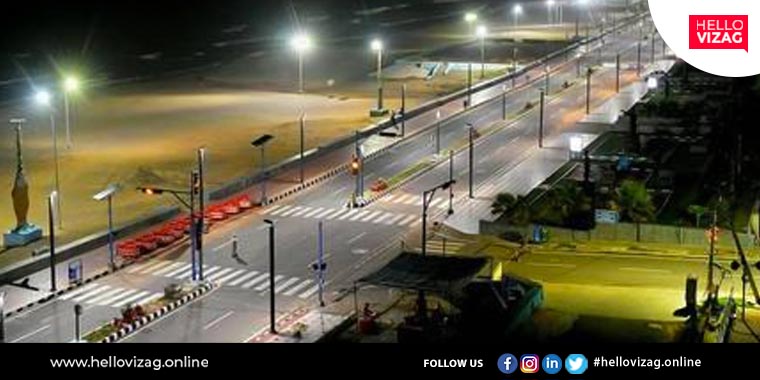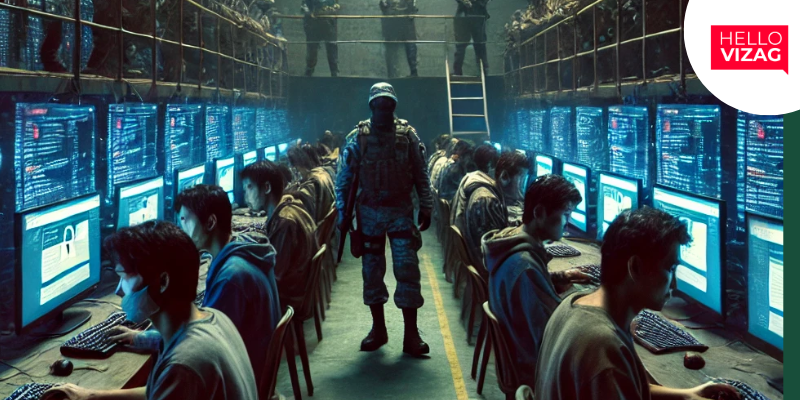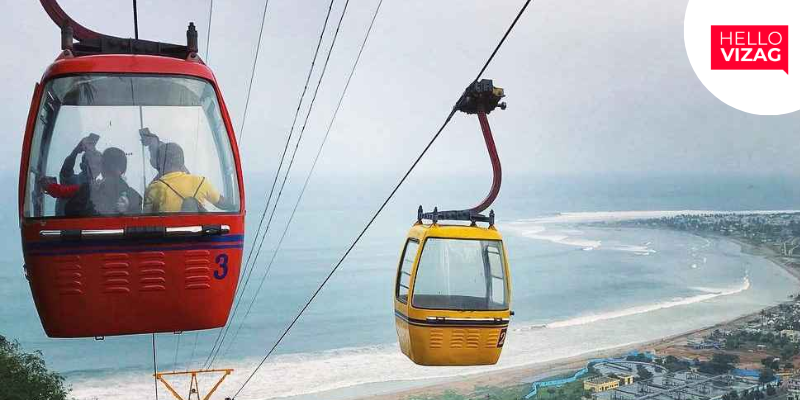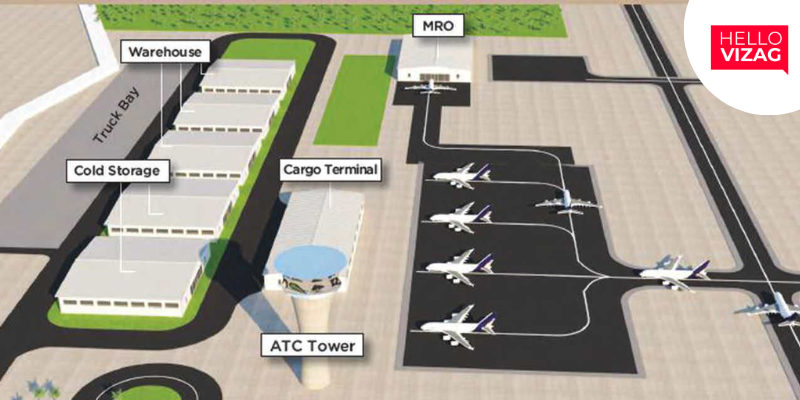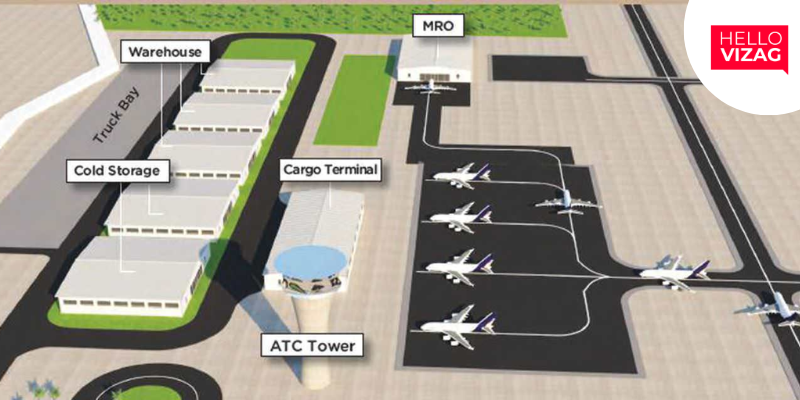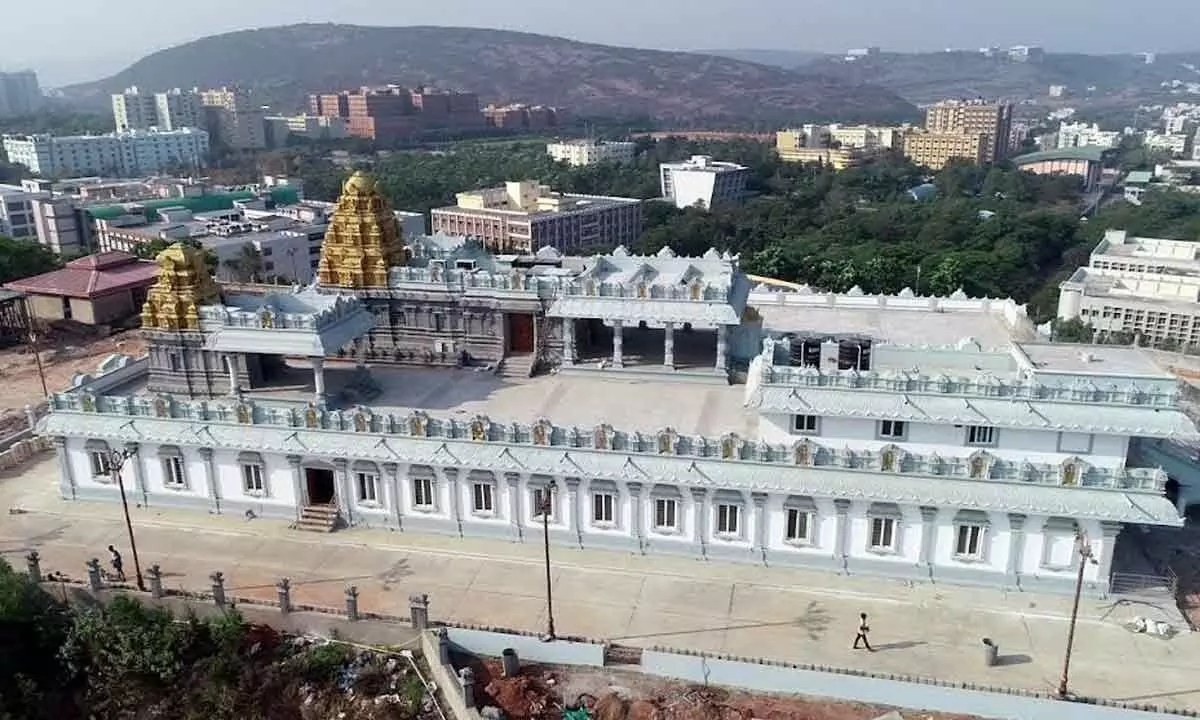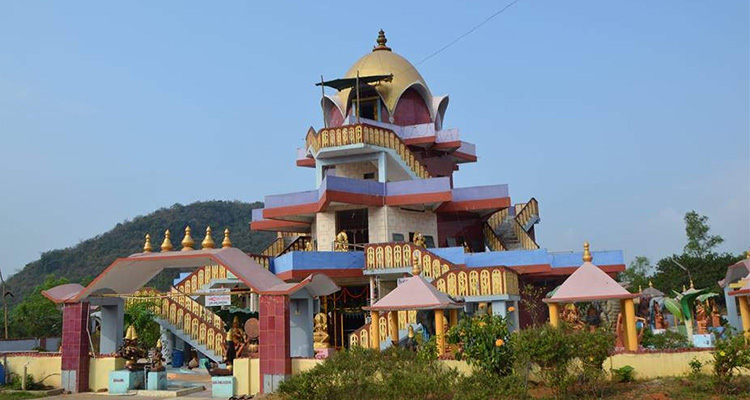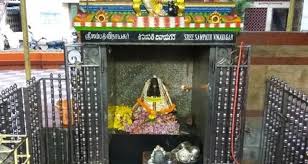Displacement and Neglect: Tribals Struggle Amidst Simhachalam Temple's Expansion
Visakhapatnam: The expansion plans of the Simhachalam Temple have brought adversity to the doorstep of the local hamlet housing the Konda Dora tribe.
With temple officials initiating a relocation drive back in 2003 under the Pilgrimage Rejuvenation and Spiritual Augmentation Drive (PRASAD), a significant portion of the hamlet's residents were displaced, leaving behind a community grappling with basic necessities and rights.
A recent incident involving the cremation of Chodipilli Varalamma, a 55-year-old tribal woman, sheds light on the plight of the residents.
Denied access to the traditional burial ground due to temple expansion, Varalamma's family was forced to conduct her last rites on a narrow road.
This incident underscores the temple management's alleged acquisition of crucial community spaces, including burial grounds, exacerbating the tribals' plight.
The Konda Dora tribe, comprising 70 families residing in the hamlet known as ST Colony, has a longstanding history tied to the Simhachalam hills.
Situated near the temple's main entrance, this settlement finds itself neglected amidst the temple's grandeur. Despite being integral to the temple's operations, the residents endure substandard living conditions, lacking access to electricity, drainage systems, and government services.
While temple events draw vibrant crowds and illuminate the area, the hamlet remains shrouded in darkness, both literally and metaphorically.
Residents express feelings of isolation and frustration, as temple management conceals their living conditions during festivities, leaving them out of sight and out of mind.
Historical narratives surrounding the hamlet's origins vary, with some attributing its establishment to tribal security personnel serving the temple.
Others contend that it belonged to the hill tribes, with settlement occurring as the temple developed. Regardless of its origins, the hamlet stands as a testament to the tribe's resilience and adaptability to their environment.
Efforts to improve living conditions, including housing initiatives under the Jawaharlal Nehru National Urban Renewal Mission (JNNURM), have been thwarted by bureaucratic hurdles and conflicting relocation schemes.
As the community grapples with uncertain property rights and inadequate infrastructure, their frustration mounts, echoing a sentiment of marginalization and neglect.
Communist Party of India (Marxist) leader T.V. Krishnamraju advocates for tribal rights, urging authorities to repurpose existing structures for tribal housing and address concerns regarding tax collection and property rights.
However, the temple management remains ambivalent about relocation proposals, emphasizing the tribals' adaptability and importance in maintaining temple security.
In the face of adversity, the tribals remain resilient, demanding recognition of their rights and dignity.
As discussions continue surrounding their fate, the residents of ST Colony wait anxiously for meaningful action, hoping to reclaim their rightful place amidst the temple's grandeur.
For More Updates: Follow Us https://www.instagram.com/hellovizag.in/

 Team Hello Vizag
Team Hello Vizag
